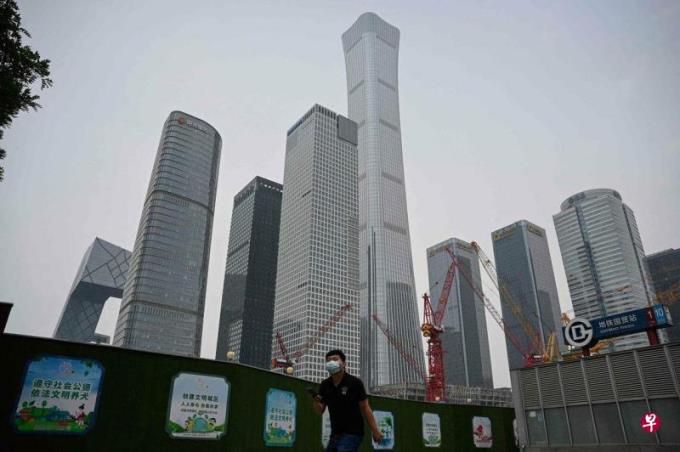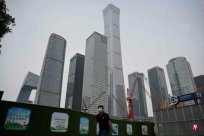
The US Senate Commission has passed a bill that deprives China's "developing countries".
Reuters reported that the US Senate Foreign Relations Committee had no objection on Thursday (June 8th) that the status bill for China's developing countries had not been obtained.Developed countries status.
The supporters of theAct said that developing countries can allow China to enjoy special treatment in certain international organizations or treaties.
The US Foreign Relations Commission has passed the bill to pave the way for the Senate's review and approval bill, but it is unclear when it will be carried out.
The House of Representatives passed a similar bill with a voting result of 415 votes in March.
In the long -term division of US Congress, adopting a tough route for China is one of the few consensus between the two parties. Congress members have proposed dozens of bills to try to cope with the competition of this Asian power.
According to the State Trade Organization (WTO), countries with status in developing countries can enjoy a series of preferential trade policies, such as deductible tariffs and extending negotiation periods.However, the United States believes that China has become the world's largest exporter and the second largest economy. It is no longer in line with the standards of developing countries and should be deprived of these preferential treatment.
As early as February 2020, the Office of the United States Trade Representative announced in the Federal Chronicle, announcing the cancellation of preferential treatment for WTO developing countries with 25 economies, including China and Hong Kong, China.
According to the WTO agreement, developing countries enjoy "special and differential treatment" in international trade (SPECIAL and Differential Treatment, referred to as S & DT).Treatment.
The United States' behavior of stopping preferential treatment to developing countries in China marks that in the future trade with China, the United States may no longer apply "special and differential treatment" and conduct in accordance with the developed national standards, which also meansChina will face a more complex environment in trade with the United States.




